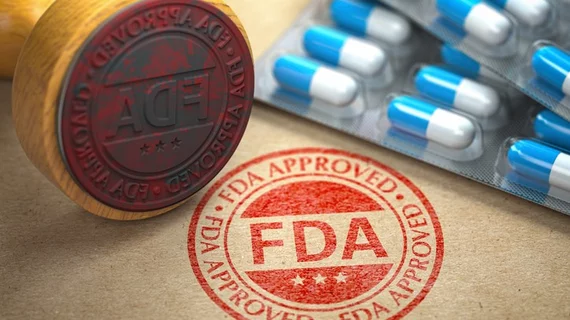FDA to begin regulating some imaging agents as devices after losing court battle
The U.S. Food and Drug Administration is preparing to regulate some imaging agents as devices rather than drugs after losing a recent battle over the issue in court.
FDA officials kicked off the process on Monday with a notice published in the Federal Register. The rulemaking follows an April U.S. Court of Appeals decision, deeming that the FDA should not regulate Genus Medical Technologies’ barium sulfate contrast agent as a drug.
Industry watchers labeled the change as significant for manufacturers, since bringing new devices to market is much cheaper than pharmaceuticals.
“We expect the determining factor in many cases to be whether the product achieves its primary intended purposes through chemical action within or on the body or is dependent upon being metabolized for the achievement of its primary intended purposes,” the FDA said in its notice.
For the last 20 years, the agency has generally regulated imaging agents as drugs, regardless of whether they rely on chemical reaction in the body or metabolization. The FDA is accepting comments from radiologists and other stakeholders on the process and intends to publish a list of approved drugs it believes should transition to device status. Officials do not anticipate completing the process before Oct. 1 when new user fees are assessed.
You can read more about the process from Endpoints News, which first reported the announcement, and find the full FDA notice here.

